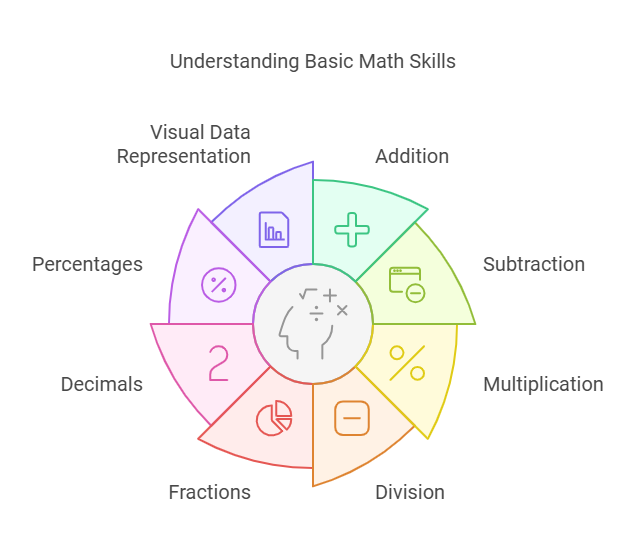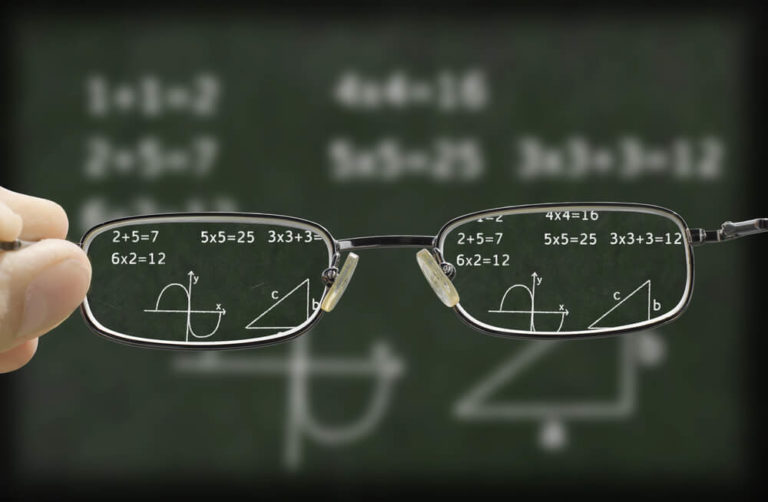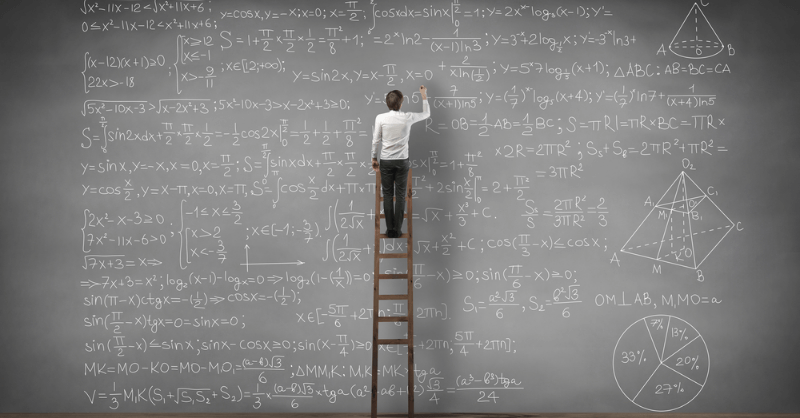2. Master The Basic Math Skills
Calculations involving numbers, sizes, or other measures are considered basic math skills. These skills include the fundamentals like addition and subtraction as well as more advanced arithmetic ideas built on them. In addition to mastering basic math skills, having an experienced math tutor can greatly enhance your understanding of more advanced arithmetic concepts. In addition to mastering basic math skills, having an experienced math tutor can greatly enhance your understanding of more advanced arithmetic concepts. Possessing good mathematical abilities will benefit you not just in school learning but also in everyday life.
Basic math skills are the following:

Addition, subtraction, multiplication, division
Addition, subtraction, multiplication, and division are essential operations for solving math problems. Mastery of these basic operations, including performing them mentally with simple numbers, is crucial for tackling any math-related task.
Fractions and decimals
Decimals are a component of a whole number while fractions are the numerical representation of the decimal. When fractions are introduced, it’s important to start with lower numbers like 1/4 as well as to follow the ratios (1:4, 1:25). A good way to improve your arithmetic abilities is to learn how to add, subtract, multiply, and divide fractions.
Percentage
Percentage represents a portion of a whole or a specific amount out of 100. It’s commonly used in tasks such as calculating discounts, determining nutritional values, computing sales tax, and figuring out interest rates on savings accounts, among other applications.
Visual representation of data
Numbers are commonly presented in various ways, so they can be better understood. To be able to read and interpret trends, you must have basic arithmetic skills. Having the capability to obtain a better grasp of underlying data, the ability to interpret the trend line, data points, and axes is important. Additionally, it’ll assist you in creating your graphs and charts, making it easier to communicate your ideas.

Solving the unknown
Knowing the value of an unknown variable is a common problem in algebra. In other words, if Juan has to earn £600 this month and he gets £20 each time he walks a dog for one of his neighbours, he’ll have £800 at the end of the month. He’d be motivated to figure out how many walks it’d take to earn the amount of money he needed. In the absence of more complicated mathematics, Juan might come up with a simple method to get the unknown variable in this equation (20x = 600) and then solve for the unknown. Similarly, an unknown value in a proportion can be calculated by cross-product of two fractions. You have to separate the variable from other quantities to get its value. A proportion calculator could be a handy tool to find the unknown value in a proportion.
3. Understand The Topic Before Moving On To Another
Math is similar to reading because if you don’t know how your letter sounds, you have no chance of uttering words, so you’d be unable to read a phrase or a sentence. All math courses follow a prescribed order since each topic builds on the preceding one. If you’re experiencing difficulty with a particular subject, work on it until you comprehend it and solve it or use a college assignment helper to cope with it. Don’t skip various topics because it might hamper your progress as you go on. Watch video tutorials, attend math discussions, practice sample exercises, or even purchase a set of books presenting other ways of problem-solving. But don’t move on to the next topic if you still find the topic unclear. If you do, you’ll get even more upset and you’ll certainly begin to lose hope.


![]() 17 minutes
17 minutes



































